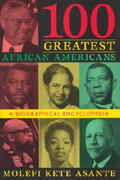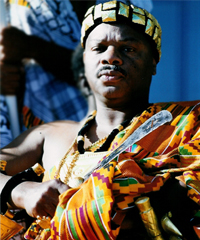“I don’t need no man,” many a strong black woman has said. And she is right. In fact, if you look at why God made woman, you could infer that the man needs a woman (Gen. 2:18-23). But I don’t think this is what God wants us to get from that passage. It’s about two whole people coming together to enhance each other’s wholeness and being on one accord. This is what I think typifies oneness; two people can come together knowing their strengths and weaknesses and contribute and accept enhancement from the other (Ecclesiastes 4:9-12). The two agree, based on God’s word, how they will develop this oneness.
Oneness wasn’t even in my mind when I was demanding a new family structure from what my husband-to-be was accustomed to (see previous entry). I told him that we were not going to his people’s house. I didn’t tell him what I thought and ask him what he thought so together we could decide what a new family custom might be. I was also drawing the line between what’s his and what’s mine, by referring to his birth family as his people instead of seeing them as our people. Being one means his family becomes my family. He leaves them and becomes one with me, not being under his parents’ rules anymore but operating based upon the guidelines of our new family (Genesis 2:24). Our oneness now requires synergy based upon a scriptural model. And part of the scriptural model for marriage is the different roles assigned to husbands and wives (Ephesians 5:21-33). I’ll talk about that more next time, but for now, in what ways may you have disrupted oneness in marriage? What about others you know? You know I want your feedback. I look forward to receiving it.
Copyright 2009 by Rhonda J. Smith


